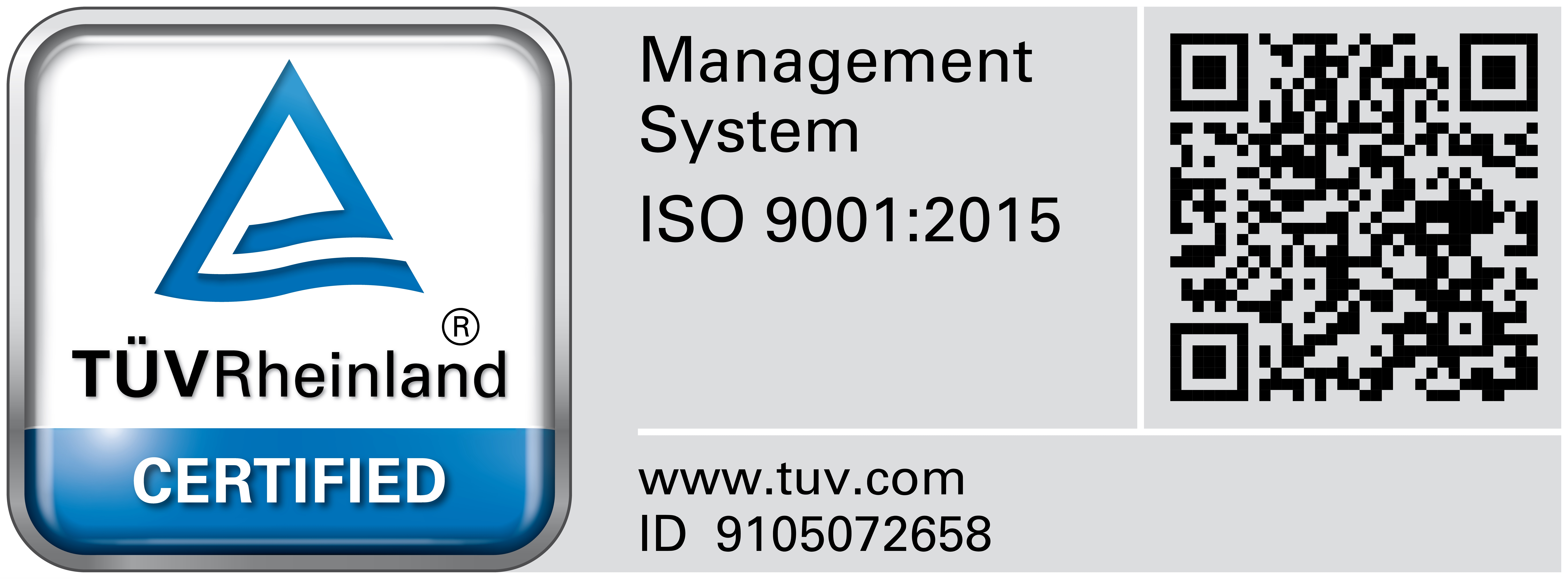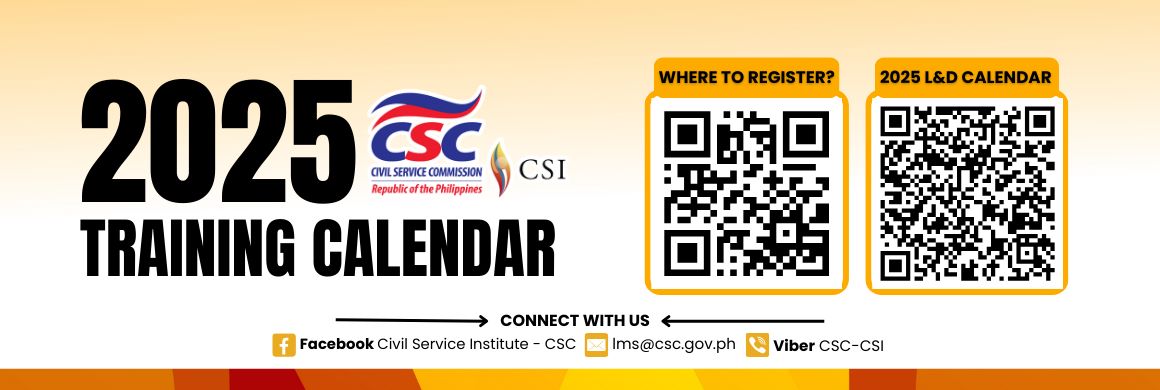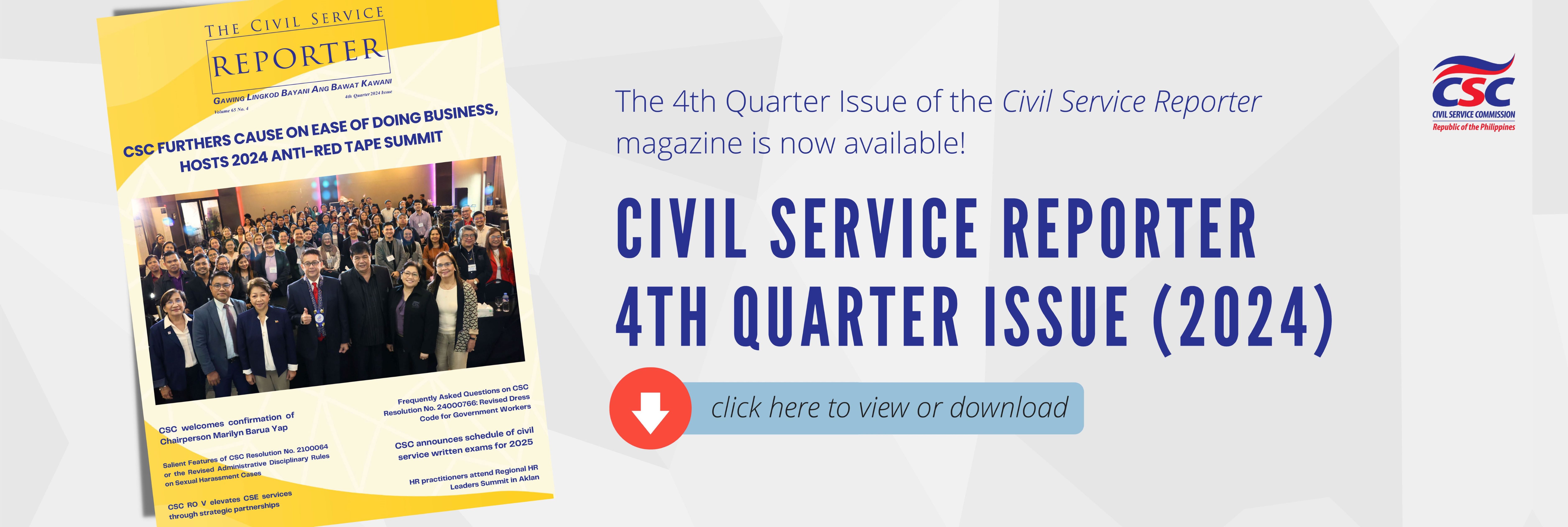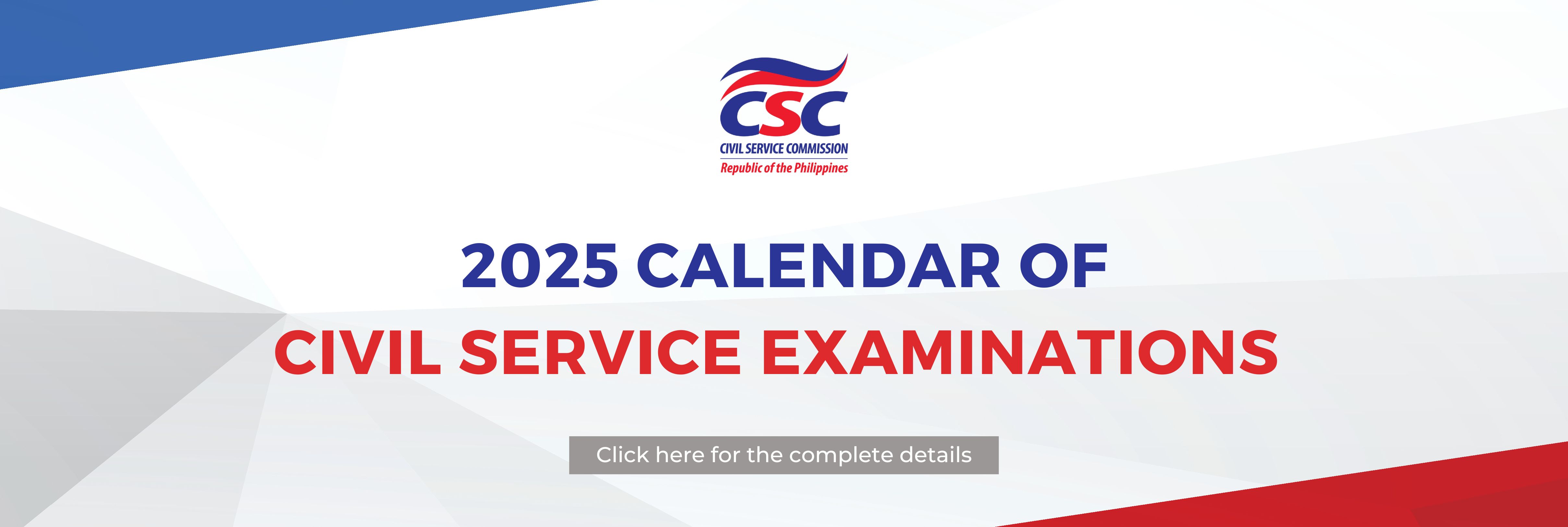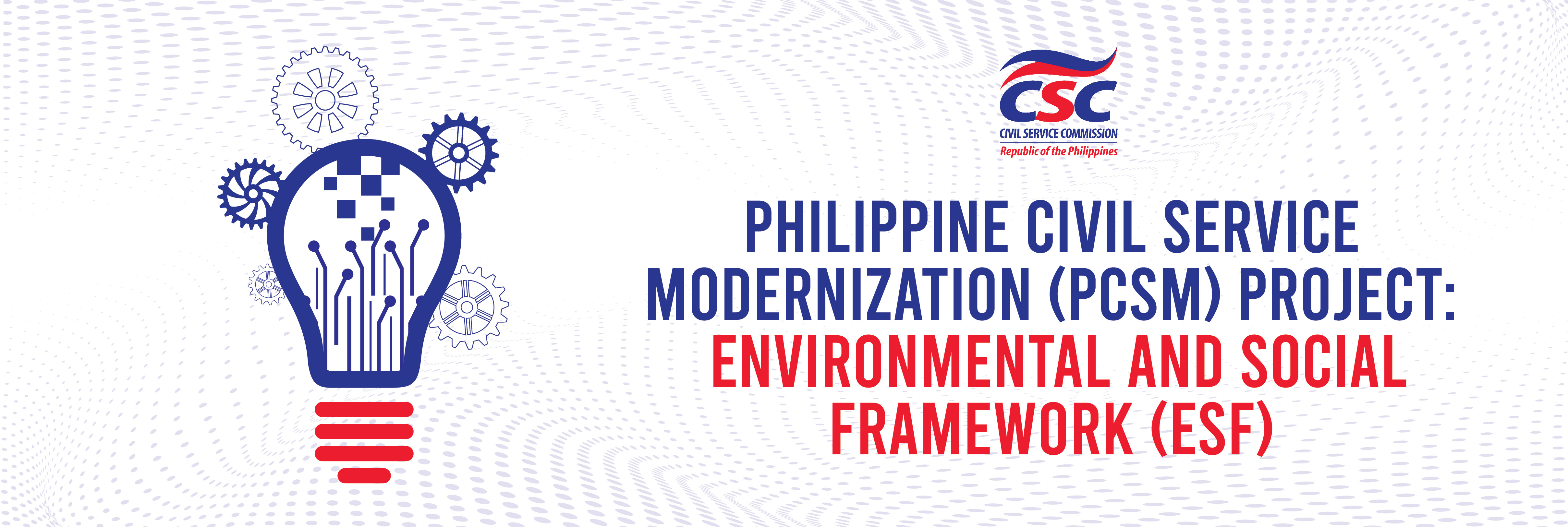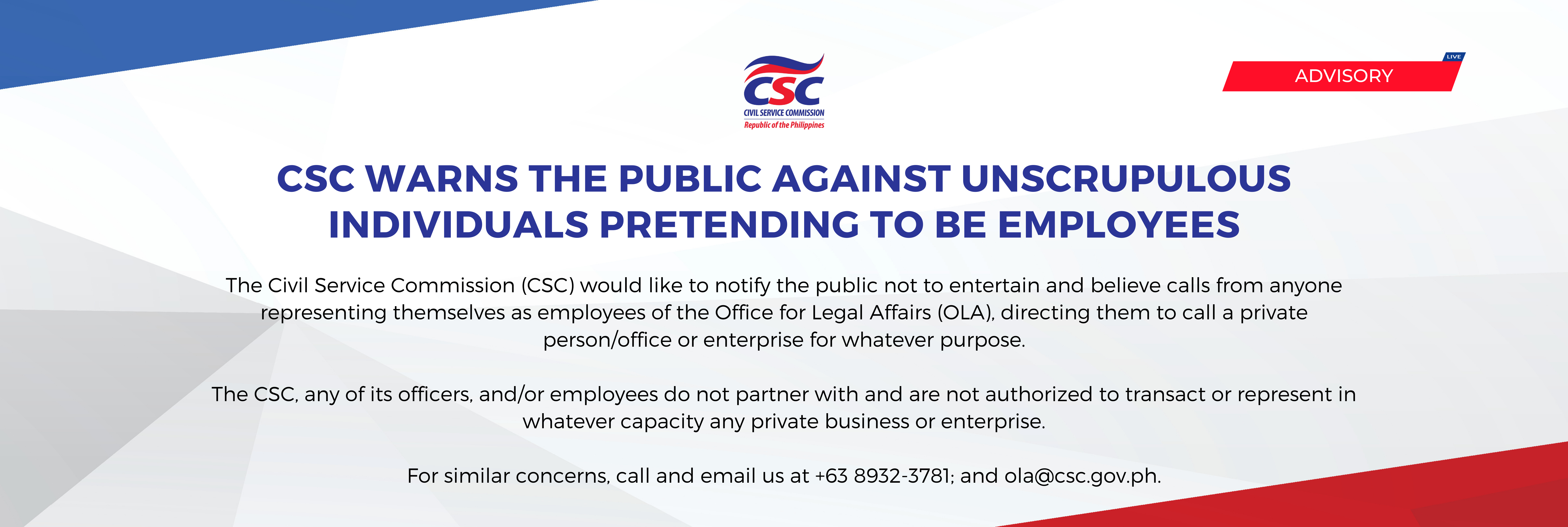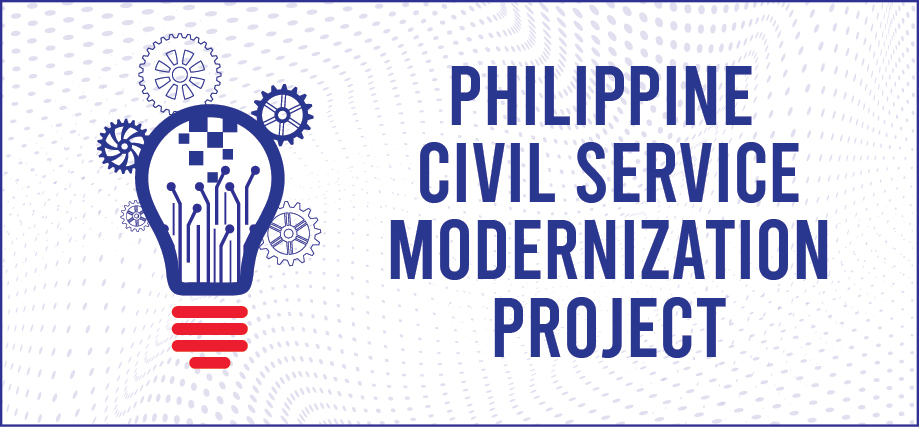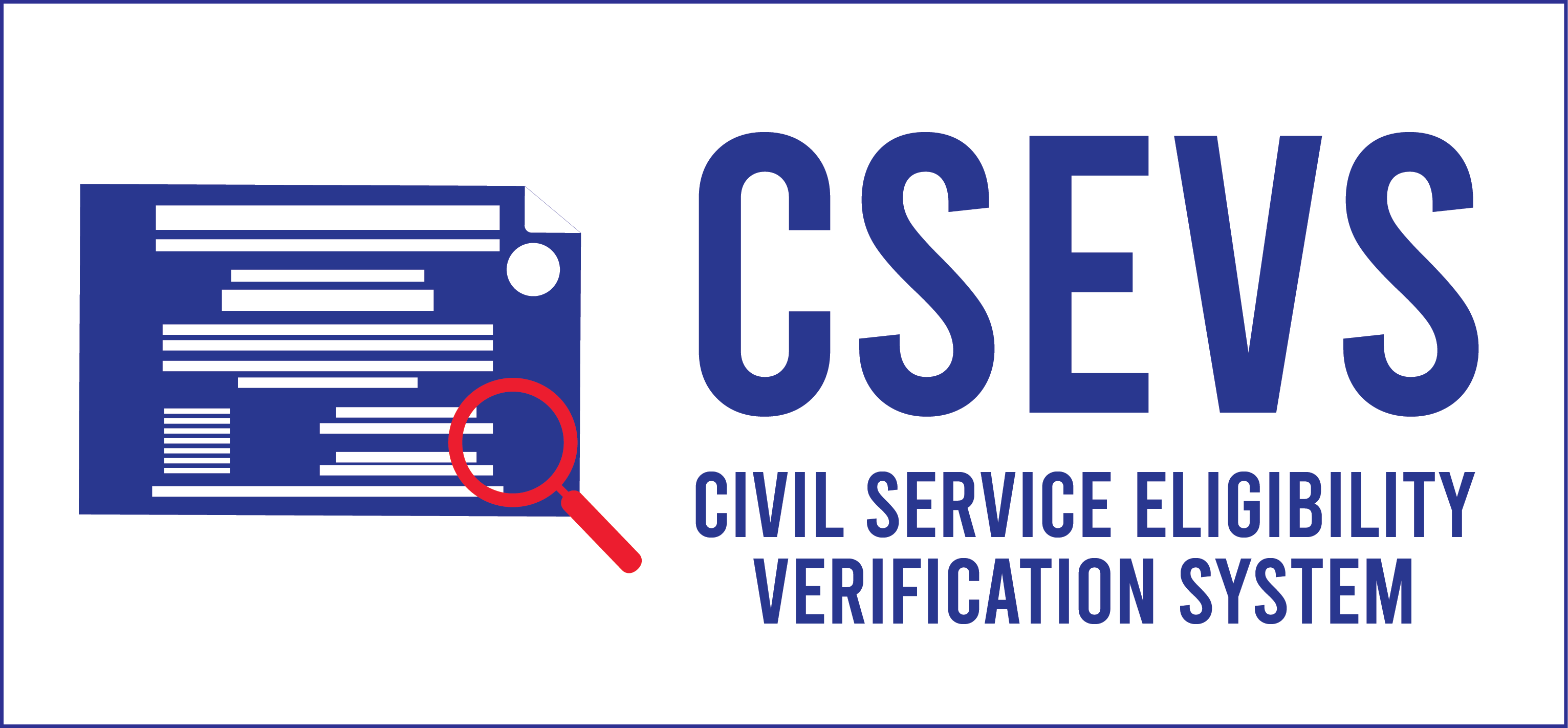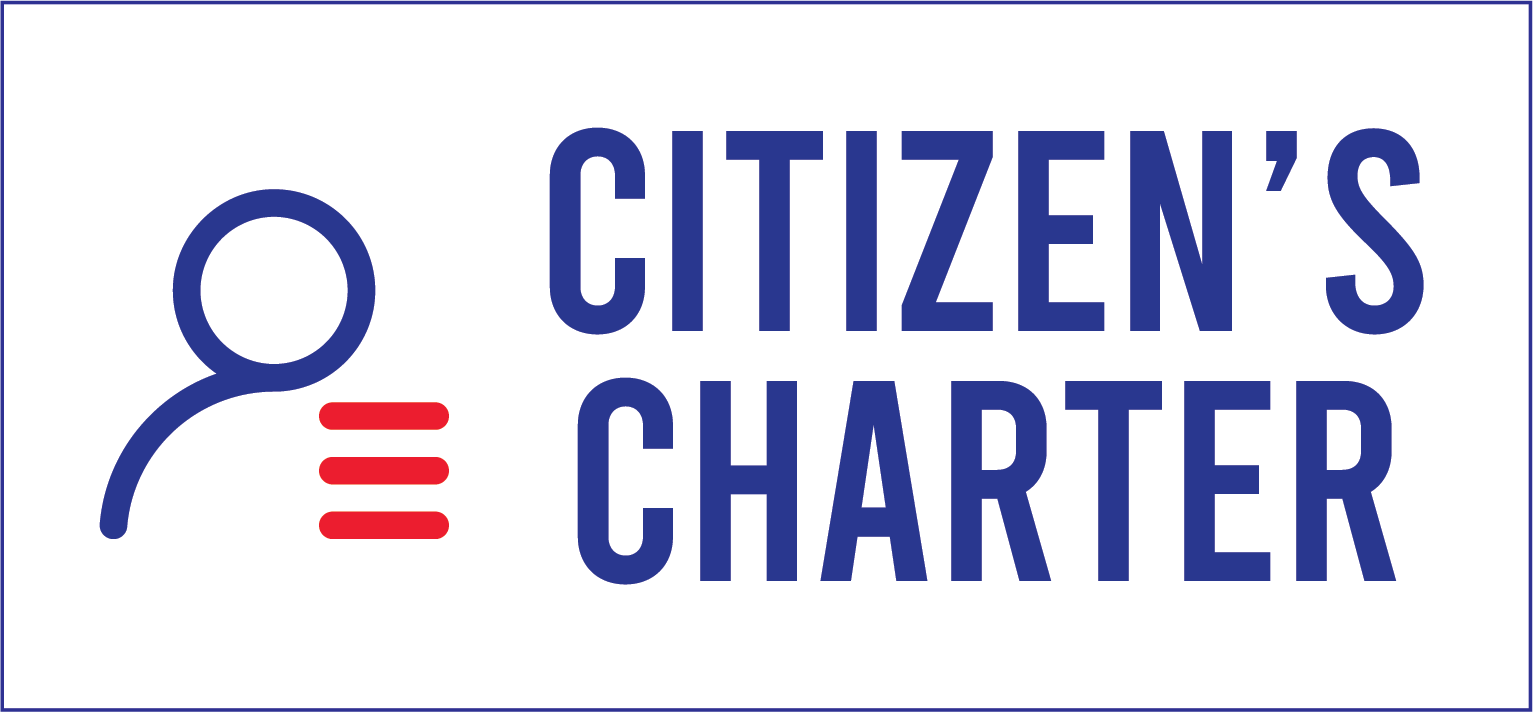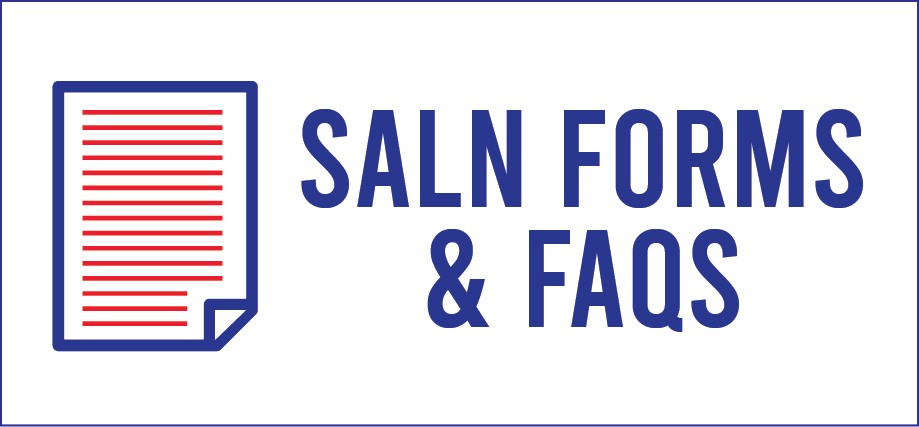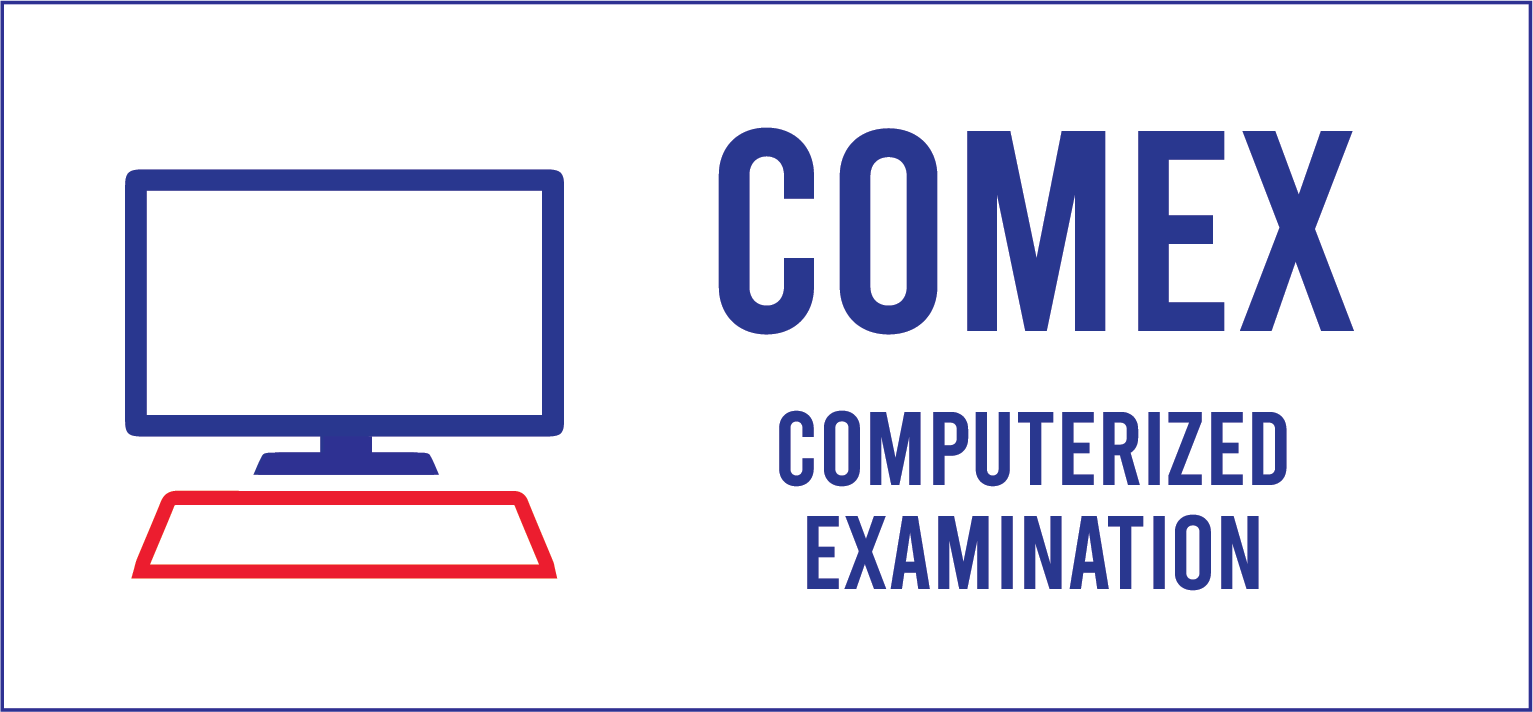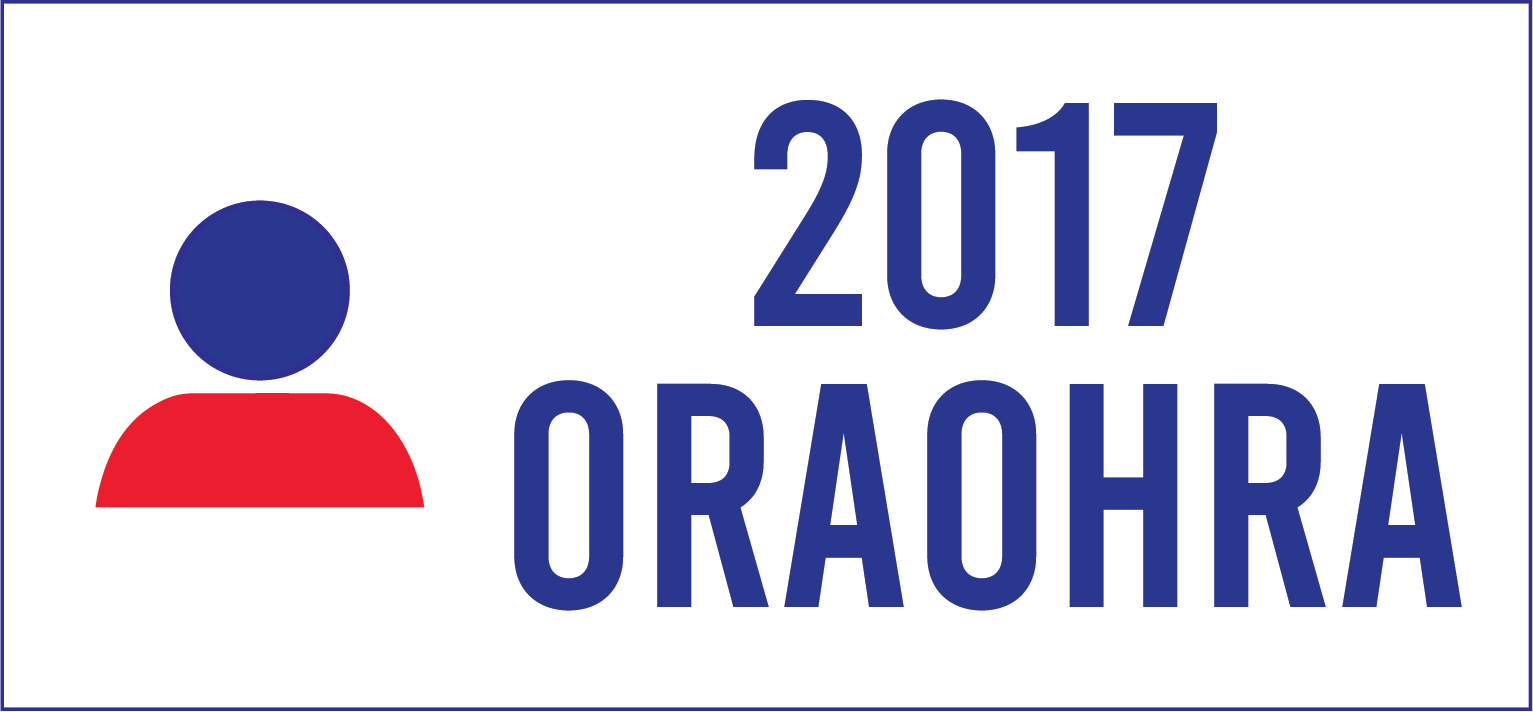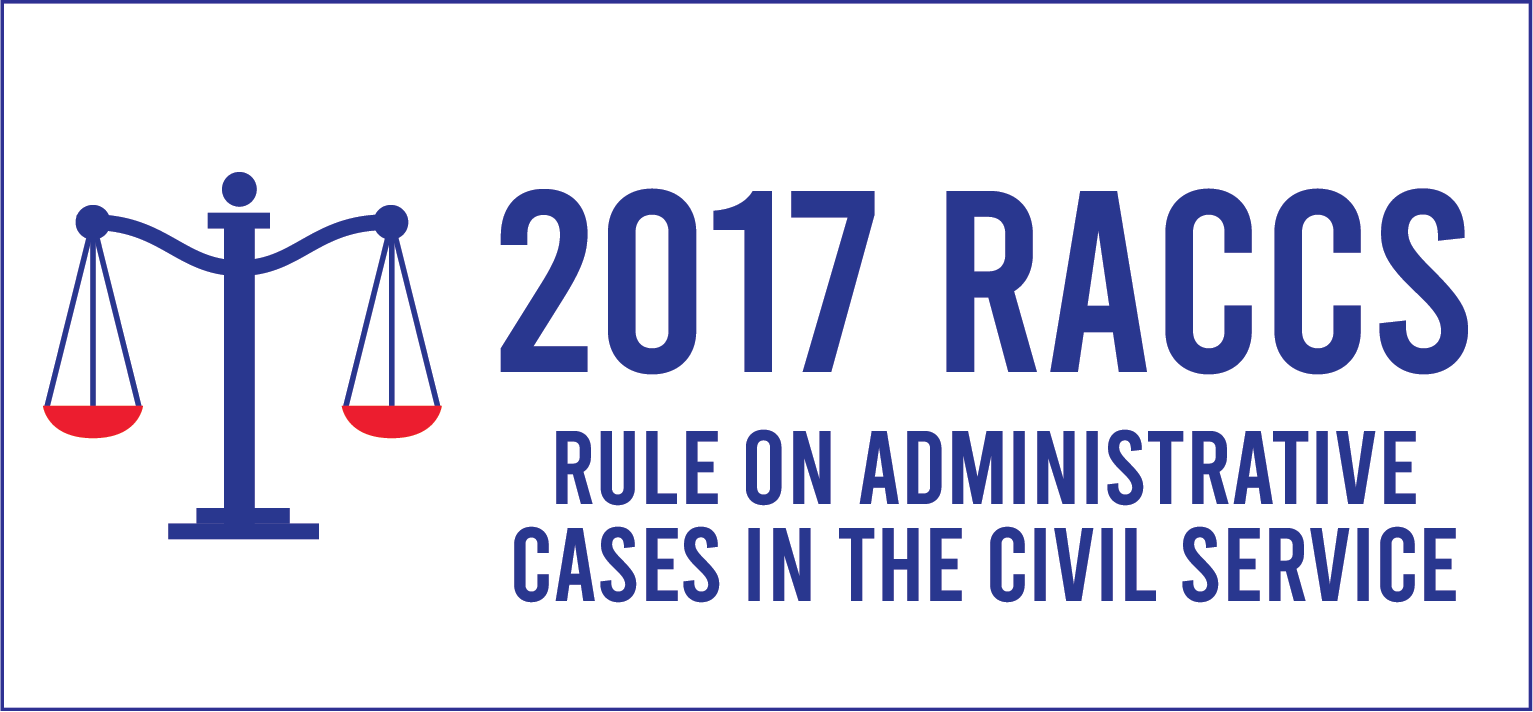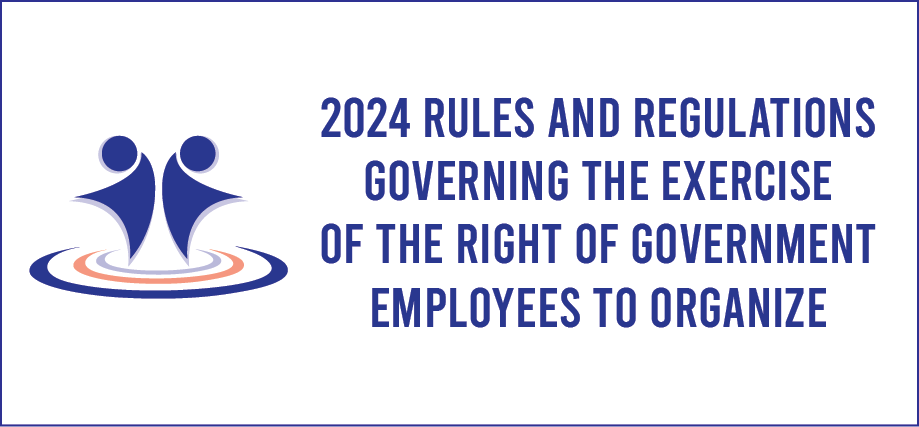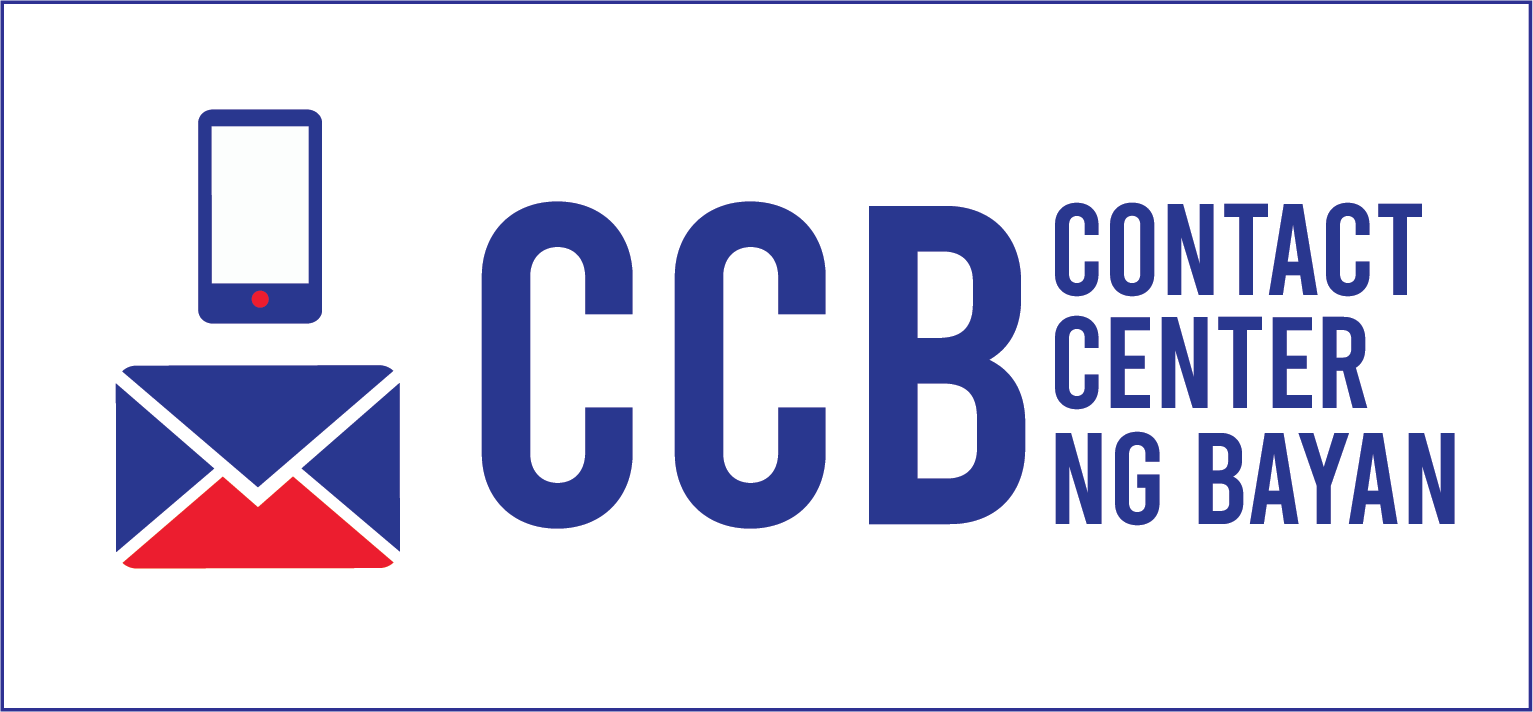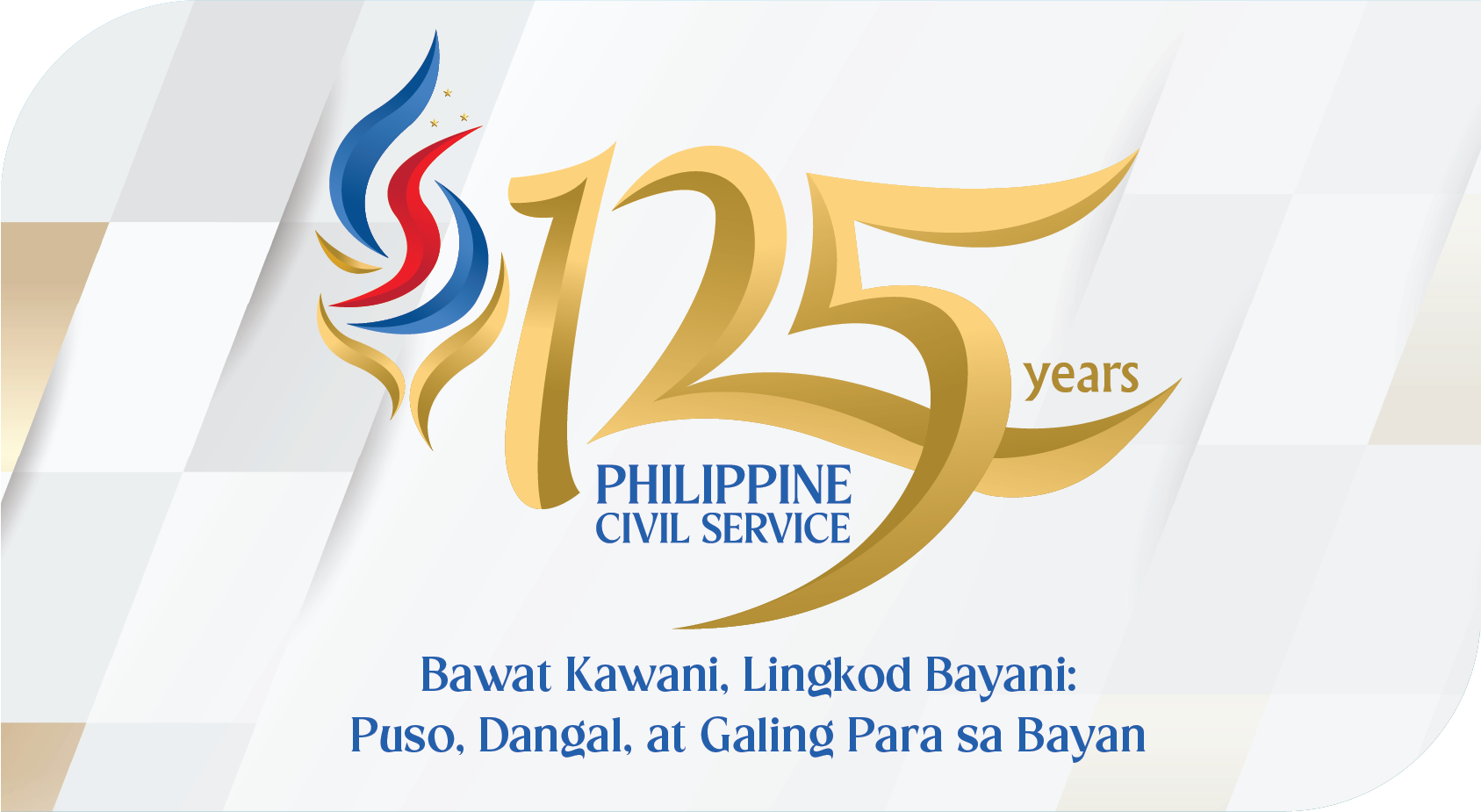- Details
The Civil Service Commission (CSC) does not prohibit the holding of Christmas parties within government working hours as long as government agencies can assure continued delivery of efficient services.
CSC Chairperson Alicia dela Rosa-Bala reminded government offices nationwide to ensure that a skeletal force is in place to ensure that all clients who are within their premises are attended to amid the conduct of Christmas parties.
“Let us celebrate the spirit of Christmas by ensuring efficient, responsive and compassionate delivery of public service to our clients,” said the CSC chairperson.
The CSC Chairperson also urged heads of agencies to issue advisories to enjoin employees to accept requests and/or applications with complete requirements being submitted by a client and attend to clients who are within the premises of the office or agency concerned prior to the end of official working hours in compliance with Rule XIII, Section 1 of the Implementing Rules and Regulations of Republic Act No. 11032 or the Ease of Doing Business and Efficient Government Service Delivery (EODB EGSD) Act of 2018 even while holding their year-end activities.
- Details
The Civil Service Commission (CSC) has conferred civil service eligibility on 729 individuals who passed the Basic Competency on Local Treasury Examination (BCLTE) held on 13 October this year. The number of passers represents 17.86% of the 4,082 total examinees.
The BCLTE, CSC said, is part of the Standardized Examination and Assessment for Local Treasury Service (SEAL) Program of the Department of Finance which aims to professionalize the ranks of local treasurers by improving their competencies, instilling a culture of excellence in local treasury operations service, and promoting good local fiscal governance in the local government units.
The resulting Local Treasurer Eligibility is a second level eligibility specific and appropriate for appointment to Local Treasurer and Assistant Local Treasurer positions. It is also applicable to positions under the Financial Services in the civil service, except those requiring practice of profession or are covered by Bar/Board and special laws.
Read more: CSC confers Local Treasurer eligibility on more than 700
- Details
The Civil Service Commission (CSC) warned the public against unscrupulous individuals engaged in money-making schemes.
“A scam is currently circulating wherein a government worker is informed that an administrative case was purportedly filed against him/her before the Commission,” said CSC Chairperson Alicia dela Rosa Bala.
The CSC has received reports of individuals pretending to be officers from its Office for Legal Affairs calling government agencies and employees to inform them that an
administrative case was filed against them. The concerned employee is then instructed to pay a certain amount of money in exchange for the settlement of the case.
The public is advised to immediately report such activities to the CSC’s Office for Legal Affairs at telephone numbers (02) 8931-8016 and (02) 8931-7935 local 401 to 411 or email ola.csc.gov.ph. Scams can also be reported to the Contact Center ng Bayan 165-65 or send SMS to 0908-8816565.
- Details
In observance of the 18-Day Campaign to End Violence Against Women from November 25 to December 12, the Civil Service Commission (CSC), the central personnel institution of the Philippine Government, called on government agencies to do their share in ending violence against women (VAW) in the workplace.
“It is imperative that workplaces are kept fair, safe, and secure for women as it is where most employed women spend at least one-third of their day. This is specially critical in the public sector where half of the workforce is composed of women,” said CSC Chairperson Alicia dela Rosa-Bala.
Based on the CSC’s Inventory of Government Human Resources as of 31 May 2019, of the total 1,728,641 officials and employees in the career and non-career service, 879,524 or 50.88% are females while 849,117 or 49.12% are males.
She said that VAW impacts on the physical, mental, economic, and social well-being, and when women in public service become the victims, it can hamper productivity and the quality of public services.
Read more: CSC to gov’t agencies: Help curb VAW in the workplace
- Details
Information technology specialists who passed the proficiency test or training course administered by the Department of Information and Communication Technology (DICT) may be granted the Electronic Data Processing Specialist Eligibility (EDPSE), the Civil Service Commission (CSC) said.
Proficiency tests or training courses conducted by the DICT as basis for the grant of EDPSE are Systems Analysis and Design, Computer Programming, Java, MS Access, Visual Basic, C#, and V.B.net.
DICT conducts the ICT Specialist Proficiency Examination annually to evaluate the competence of an individual to perform programming or systems analysis and design functions. Those who pass the examination are given a Certificate of Proficiency.

